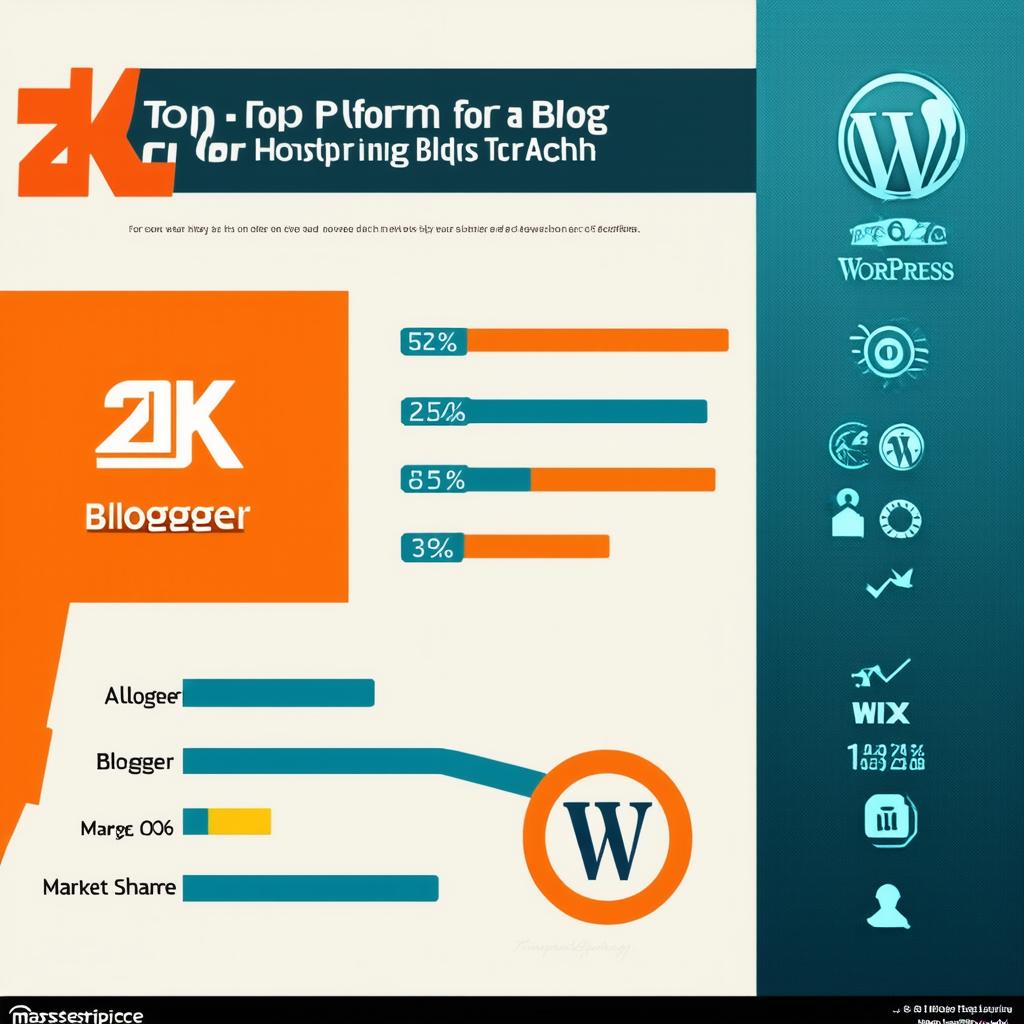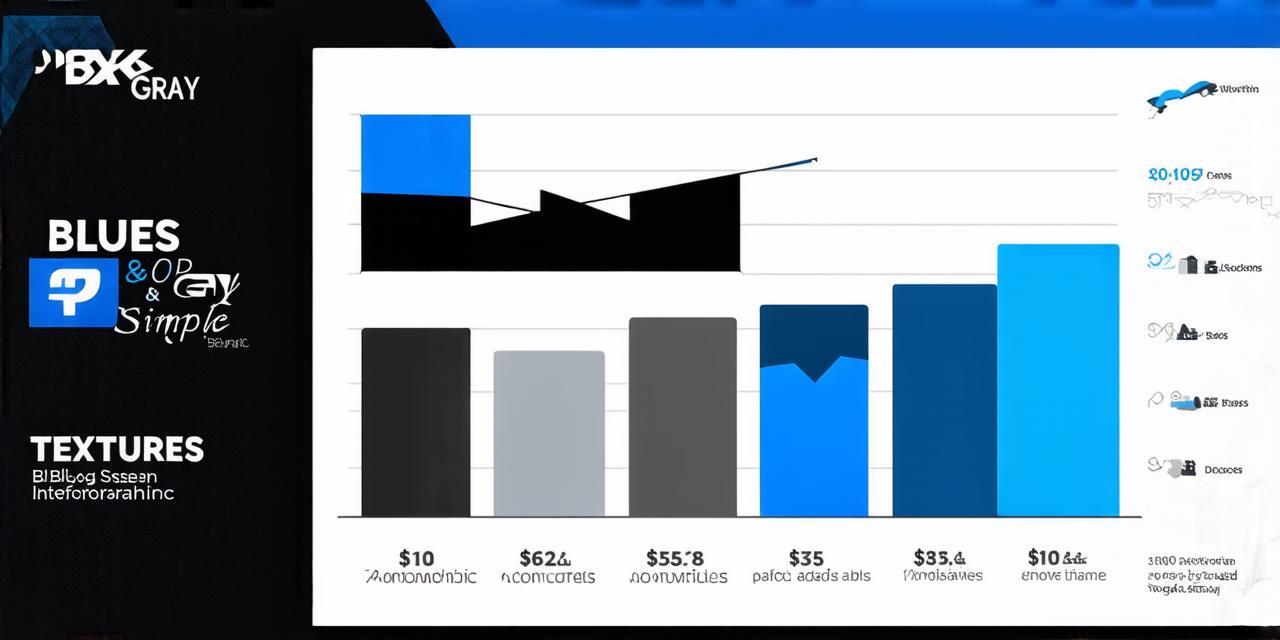Introduction:

Starting a blog can be an exciting and rewarding experience, but it’s not without challenges. One of the most important decisions you will make is choosing the right blog hosting platform. In this guide, we will explore the top blog hosting platforms available in the market, their features, pros, cons, and how to choose the best one for your needs.
1. WordPress: The Most Popular Platform
WordPress is the most popular content management system (CMS) used by millions of websites, including blogs. It’s user-friendly, customizable, and easy to use even for beginners. With WordPress, you can choose from a wide range of themes and plugins to make your blog stand out. Additionally, WordPress offers excellent security features, making it a secure choice for your blog.
2. Wix: A Beginner’s Friendly Platform
Wix is another popular platform that is known for its simplicity and ease of use. It’s an all-in-one platform that allows you to design and launch a professional website in no time. With Wix, you can choose from a variety of templates and customize them to your liking. Additionally, Wix offers a drag-and-drop editor that makes it easy for beginners to create a stunning blog.
3. Squarespace: A Designer’s Delight
Squarespace is known for its sleek and modern designs, making it a great choice for design-focused bloggers. It offers a range of templates that are both visually appealing and customizable. Additionally, Squarespace offers a powerful CMS that allows you to create complex blog posts with ease. However, Squarespace can be more expensive than other platforms, so it may not be suitable for everyone.
4. Shopify: The Best Platform for E-commerce Blogs
Shopify is an excellent platform for e-commerce blogs. It’s designed specifically for online stores and offers a range of features that make it easy to sell products directly from your blog. Additionally, Shopify offers a range of templates that are optimized for e-commerce, making it easy to create a professional-looking store. However, Shopify can be more expensive than other platforms, so it may not be suitable for everyone.
5. Joomla: A Feature-Rich Platform
Joomla is another popular CMS that offers a range of features for bloggers. It’s similar to WordPress in terms of customization options and has a large community of developers who create plugins and themes. Additionally, Joomla offers excellent security features and is known for its stability and performance. However, Joomla can be more complex than other platforms, making it less suitable for beginners.
6. Weebly: A Budget-Friendly Platform
Weebly is a budget-friendly platform that is suitable for small bloggers on a tight budget. It offers a range of templates that are easy to customize and allows you to create a professional-looking blog without breaking the bank. Additionally, Weebly offers excellent customer support and a simple CMS that makes it easy to update your blog content. However, Weebly may not have as many features as other platforms, so it may not be suitable for complex blogs.
Factors to Consider When Choosing a Blog Hosting Platform
When choosing a blog hosting platform, there are several factors you should consider:
- Ease of Use: Look for a platform that is easy to use and doesn’t require extensive technical knowledge.
- Customization Options: Choose a platform that offers a range of customization options so you can make your blog stand out.
- Security Features: Ensure the platform you choose has excellent security features to protect your blog from cyber threats.
- Cost: Consider the cost of the platform and whether it fits within your budget.
- Customer Support: Choose a platform that offers excellent customer support to help you troubleshoot any issues you may encounter.
- Performance: Look for a platform that offers fast loading times and excellent performance to ensure your blog loads quickly and is easy to use for your readers.
Summary:
Choosing the right blog hosting platform is crucial for the success of your blog. With so many options available, it can be overwhelming to decide which one is best for you. In this guide, we have explored the top platforms available in the market, their features, pros, cons, and how to choose the best one for your needs.



